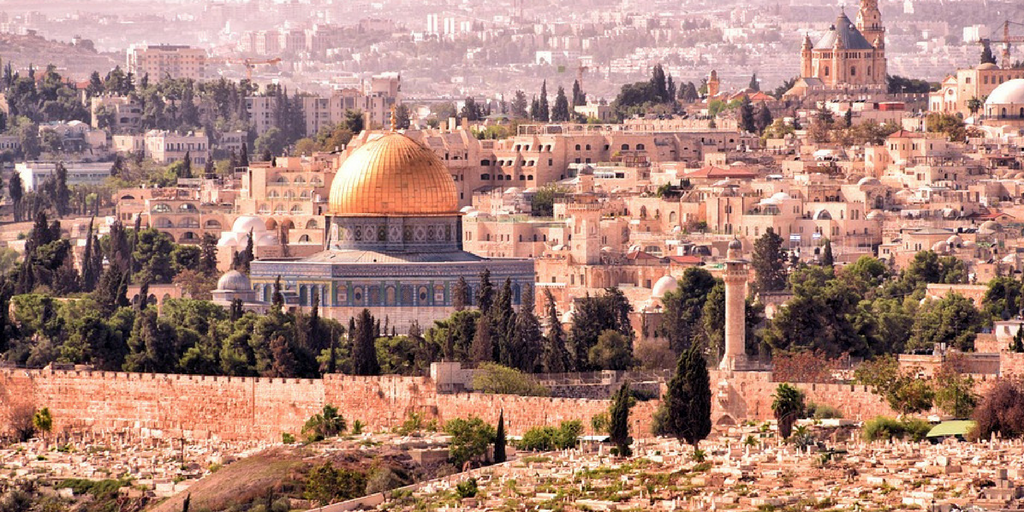We are constantly mourning our predicament – Our yearning for completion, for living in a world of strife and shifting to a world of redeemed purpose. Yet, we have been mourning our loss of connection and lack of clarity of purpose for so long we know nothing else but mourning.
Redemption lies within. It lies within the song that moves us at our core, the song of creation, jubilation, and joy. This is the song that the Tzaddik plays to call us home, to move back to ourselves.
The challenge though is that in the two thousand years of exile we have lost will to search within and are caught up with the comfortability of mourning that which we can fix by simply letting go of the sadness we have built.
Exile is a mindset. It is a cycle of external wandering in hopes that we can find solace and time to think about who we really are. Now our wanderings actually led to the place that we dreamed of. Yet, we have faltered and stayed mourning for a loss of connection that we feel fail to recognize that the very place we are now in can help us recover who we are.
We are home. We have returned to the Land of the Lost Princess, the Land of Israel, of the Divine Presence. All that there is left to do is recognize that we no longer need to mourn.
(Based on Likutey Halachot Pirya v’Rivia Halacha 3, Story of the Seven Beggars – 6th Day)






